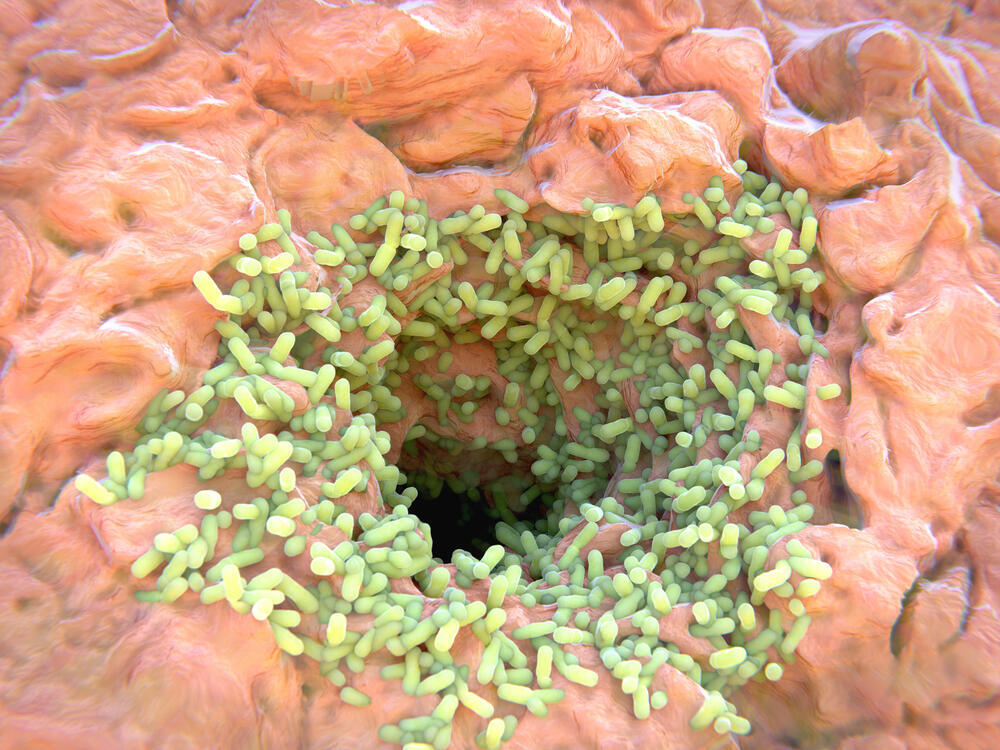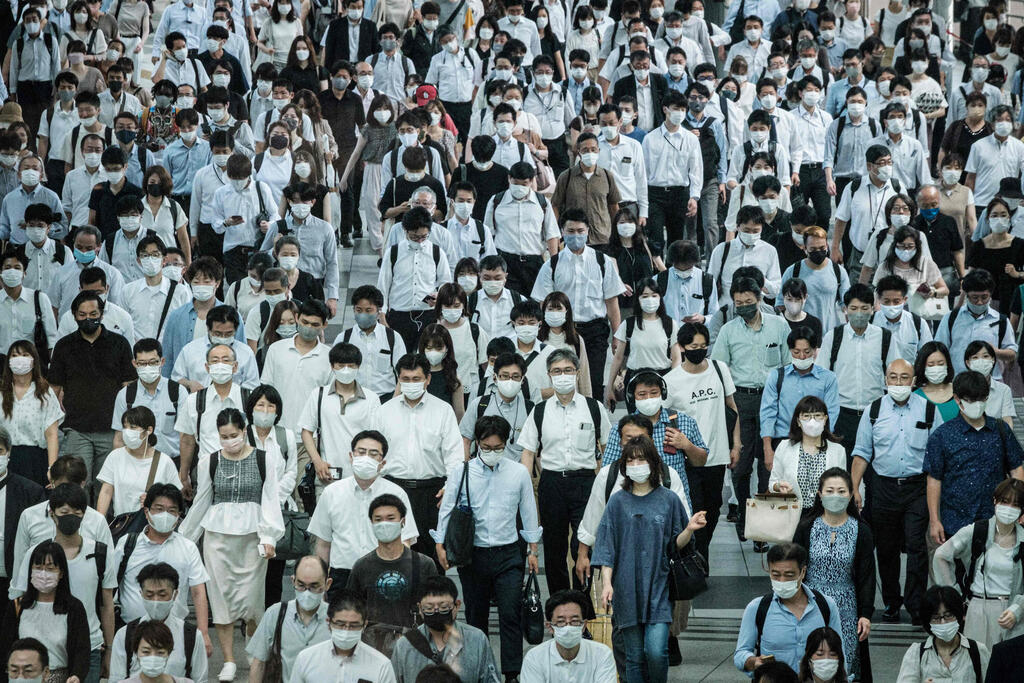Getting your Trinity Audio player ready...
Japan is experiencing a surge in cases of Streptococcal Toxic Shock Syndrome (STSS), often referred to as "flesh-eating bacteria." Over 1,000 STSS cases have been recorded in Japan in early 2024, surpassing 2023's total. Experts expect the number to reach 2,500 cases this year.
STSS is caused by Streptococcus pyogenes (Strep A) and is a rare but severe form of invasive group A streptococcal disease. The condition primarily affects young children, the elderly, and pregnant individuals. It has a high mortality rate of up to 30-40%, with most deaths occurring within 48 hours of symptom onset.
Symptoms of STSS include sudden-onset sore throat, fever, muscle pain, and gastrointestinal issues. It can rapidly progress to low blood pressure, swelling, organ failure, and death if left untreated.
Early diagnosis is challenging due to vague initial symptoms that can be mistaken for the common cold.
Risk factors for STSS include open wounds, diabetes, alcohol usage, and age over 50 or 65.
STSS is primarily transmitted through respiratory droplets or contact with infected wounds.
Treatment typically involves antibiotics like penicillin. There is currently no vaccine, but researchers are working on developing one.
Tokyo has reported the highest number of confirmed STSS cases in Japan this year, followed by Aichi and Saitama prefectures.
Basic hygiene practices are crucial in preventing STSS infections. Despite the increase in cases, the risk of contracting a serious infection in Japan remains low for most individuals.
STSS cases have been reported in several countries, with at least 5 European countries noting increased Invasive Group A Streptococcal disease in 2022.
Hospitalization and immediate treatment focusing on shock and organ failure are required for STSS cases.
Sources: The Conversation, ScienceAlert, Channel News Asia, News-Journal, Sinar Daily, Tarun Bharat, Head Topics, Online Khabar



